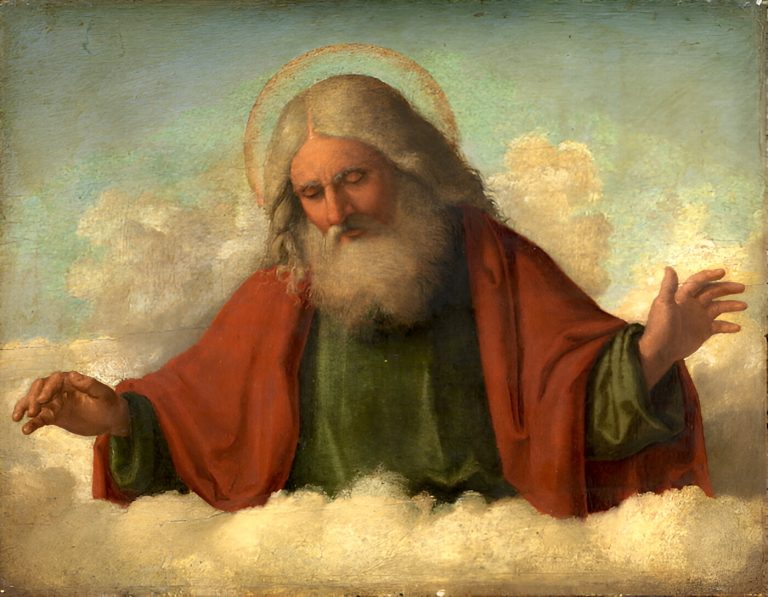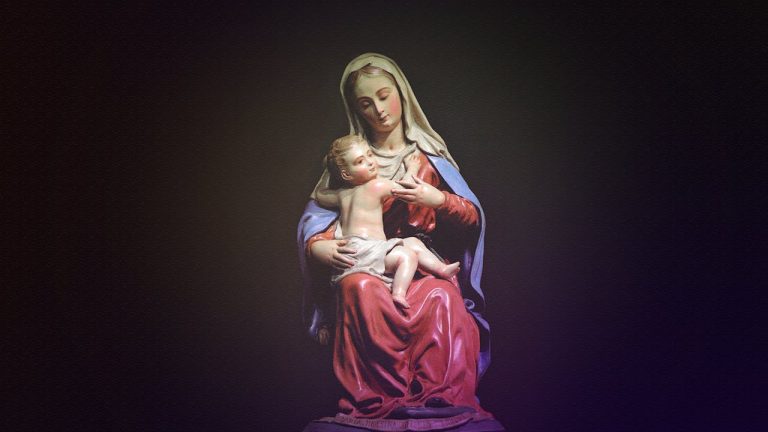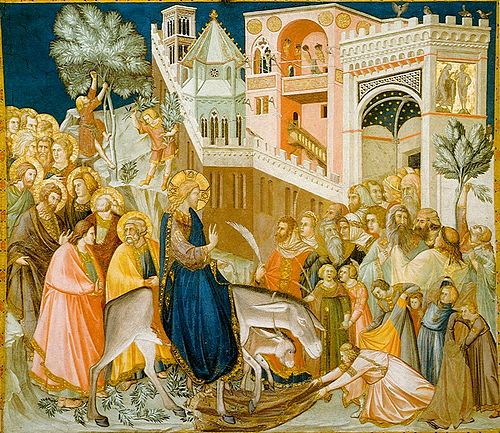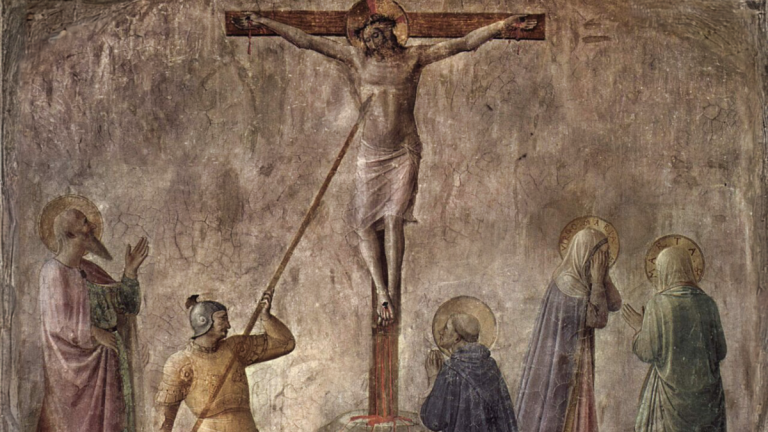The first day of summer was last Sunday, the 21st of June. As we know, the summer solstice is the longest day of the year in the Northern Hemisphere. The sun is farther North than on any other day. In the six months that follow June 21st, the days grow gradually shorter and the sun begins to move to the South. So, shouldn’t June 21st be the last day of summer?
Similarly, December 21st is the first day of winter. It is the reversal of June 21st, and is the Northern Hemisphere’s shortest day, with the sun as far south in the sky as it gets. From December 21st to June 21st, the days grow ever longer. In that regard, shouldn’t December 21st be the last day of winter?
Several dozen billion people have spent their lifetimes believing that the winter and summer solstices mark the beginnings, rather than the ends of winter and summer. It’s hard to believe that so many people could all be wrong about something so basic as that, but they were, and continue to operate in that error.
In the “Monographs” section on the header, there’s a “History of Scotland”. In it, we find that the ancient Picts divided the year into two seasons, “Ducks”, when there were ducks, and “No Ducks”, when there were no ducks. Primitive as this is, it does make more sense than identifying the start of a season with the date that marks the beginning of its disappearance.








